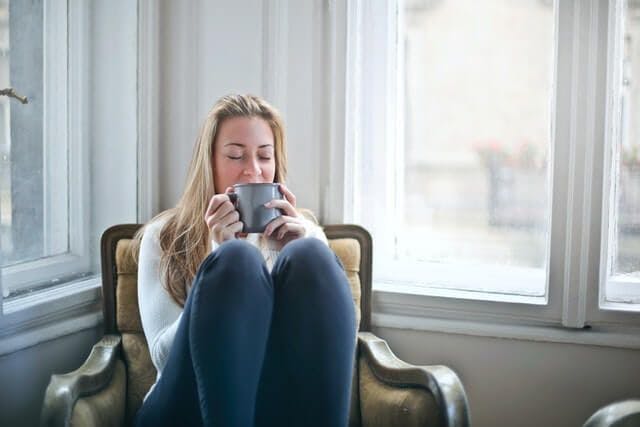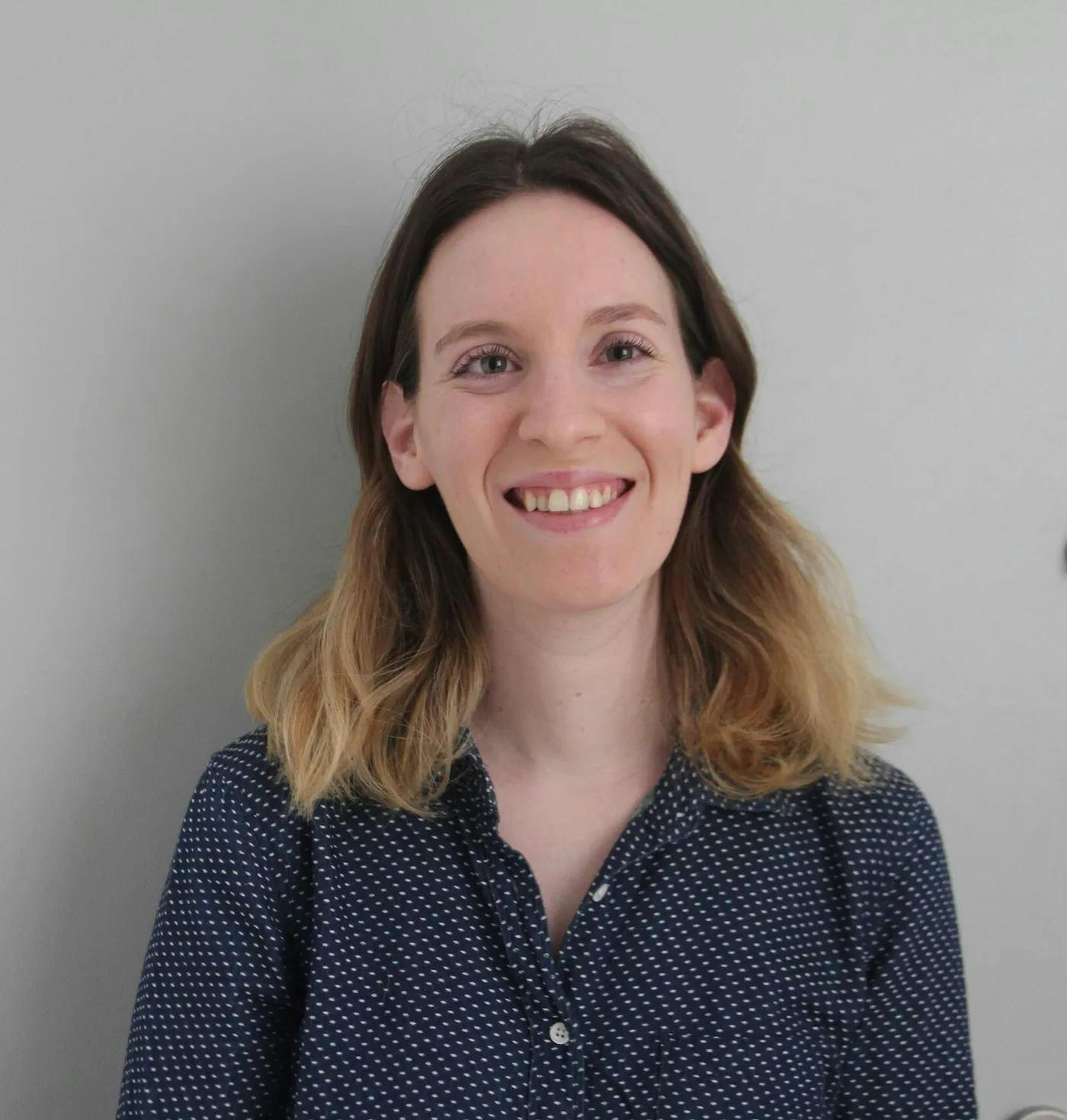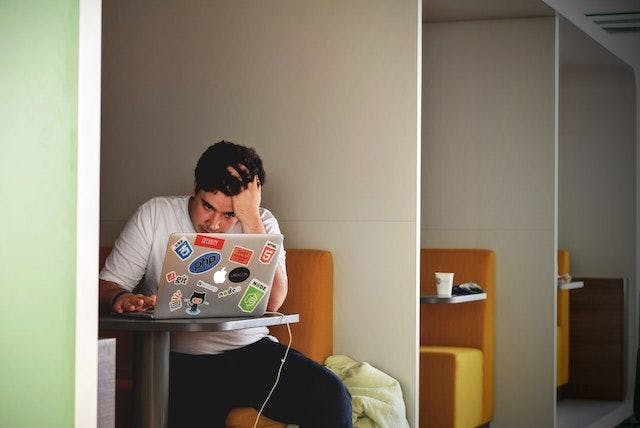What’s the Best Time to Relax?
Create a Routine That’s Right For You
Life is busy. Juggling work, relationships, house upkeep, and wellness… it’s a lot! And when you add more screen time to the mix – and the constant inflow of information that comes with it – it’s no wonder that our minds and bodies are crying out for downtime.
‘Me time’ has become the essential antidote for mental wellness in our hustle culture. That’s why relaxation practices, like meditation techniques, yoga, deep breathing and home-based biofeedback devices, have exploded in popularity in the last few decades. Because we need ways to bring calm back into our daily lives.
Badly. But what does a powerful relaxation practice look like? And is there a best time of day to relax so you get the most out of it? Keep reading as we explore all of the essential questions to develop a daily relaxation routine that’s right for you.
Relaxation practice: what can it do for you?
As meditation has increased in popularity, so have the scientific studies to research its effects. Studies have shown that mindfulness meditation techniques actually change the structures in the brain, influencing the parts that deal with attention and emotion regulation.
They’ve even found moderate and consistent evidence for better awareness of the present moment, breaking negative thought patterns, and a decrease in overthinking. Here are some other proven upsides of taking the time to slow down:
- Better focus and management of the wandering mind. When our minds constantly jump from one thing to another, it decreases our happiness.
- Improvement in anxiety, depression, and chronic pain.
- Treatment and prevention of substance abuse disorders with mindfulness-based relapse prevention.
All in all, the upsides of meditation techniques are many – and according to meditation experts, a lot still remains to be discovered. But for now, there’s enough evidence that suggests a relaxation practice is something we can all use. The absolute key to maximizing its effects? Cultivate a relaxation practice that you come back to every single day.
Daily meditation is a self-care antidote to stress.
To get lasting benefits from meditation techniques, consistency is your best friend. Here's the thing: the stress and busyness of life never stops. Every day, we face some situation or another that induces worry, anxiety, or negative thoughts.
Just like you need to brush your teeth daily to keep your mouth healthy – you have to practice relaxation everyday to keep your mind in the best shape. It’s also been proven that the constant notifications and prompts when you’re browsing contributes to the ‘online brain’ - a condition where the brain’s cognition is actually changed over time because of our constantly ‘divided attention.’ What does that mean for your everyday life?
It basically makes it super difficult to concentrate on one task for long periods of time which is a huge hindrance to productivity and meeting deadlines. But here’s the good news: Daily mindfulness practices are the perfect remedy for it.
The more you practice, the more powerful your practice becomes. It gets easier, more enjoyable, and you start looking forward to it everyday. And if you’re not there yet, don't worry. The more time you spend developing the skill of getting into a state of relaxation, the better you’ll become at it.
So what is the best time of day to meditate?
To sum it up: it’s not a ‘one-size-fits-all’ answer.
Traditional eastern wellness disciplines and texts (from which meditation originates), say that between 4am-6am, is the best time of day to meditate. Why? The reasons vary, but most agree that before sunrise is when your mind, body, and earth are naturally at their quietest, making way for a deep meditation with even longer-lasting effects.
On top of that, early morning meditation can help you set the tone for your day and prepare for all that’s to come. It can help you create the foundation of a calm and happy mind before your day officially starts. But if you’re not a morning person, that’s okay!
Because many meditation experts also advocate for a relaxation practice before lunch, in the afternoon to avoid that ‘energy slump,’ or in the evenings before dinner. At the end of day: A daily relaxation practice will make a world of difference in combat stress, no matter what time you do it.
But is there ever a ‘bad time’ to meditate?
Meditation is beneficial at any hour of the day. But here are two things to keep in mind to make sure you get the most out of your experience:
- Do you have a full stomach? It’s best to avoid meditation right after you eat because that’s when your body goes into ‘rest and digest’ mode, making it easier for you to doze off instead of meditating. If you can, wait 1-2 hours, post-meal.
- Does your meditation practice make you feel really alert and awake afterwards? If so, you’ll want to avoid doing it before you sleep so you can slip into a deep night’s rest more easily.
Moral of the story: Your life has its own rhythms so you decide on the best time of day to relax. The best time of day to relax for you, may not work for anyone else. It’s a matter of experimenting until you find something that you can routinely stick to.
It may even vary depending on the day or big changes in your life like parenthood, a career switch, or travel. Our home-based biofeedback device can help you create a daily relaxation practice that’s right for you. The Reflect Orb is a portable relaxation device, and sessions can be as short as a few minutes or as long as you need.
You can also use the app to set notifications to set aside time in your day for self-reflection. Use biofeedback to measure your physiological signals and deepen your understanding of your own stress, including which time of the day it’s at its highest. In this way, Reflect can help you discover what time of the day to relax by honing in on when it’ll be most beneficial to you.
Start developing a daily habit that guides you to a serene state of being with our relaxation device, Reflect.






